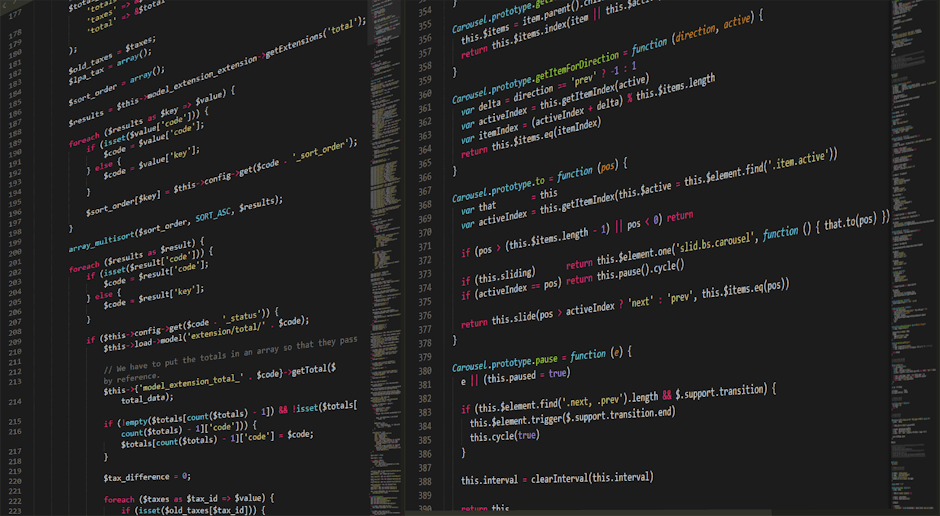
So, it’s 2025 now. The conversation around social media and legal troubles, it’s pretty much a constant thing you hear about. There’s this growing number of legal actions, really. People are always talking about them and what might happen next, actually.
It seems like almost everyone understands now that when we say ‘drive social media lawsuit,’ we’re talking about a big deal. These cases, they keep piling up against the big tech companies, you see. It’s a noticeable trend, one that doesn’t show signs of stopping.
The issues are often pretty similar to what we heard before. Things like how these platforms might affect someone’s head, or maybe spread stuff that isn’t true. It’s quite a tricky situation sometimes for sure, with many layers to consider.
These are not just small disputes anymore. We are talking about big, heavy legal fights. Ones that could really change how these online spaces are run. That’s what’s really at stake here, it is considered to be by many legal thinkers.
What we’re seeing is a lot of people wanting to hold these giant companies accountable. It’s about more than just money; it’s also about a feeling of fairness, which is something that drives a lot of these concerns people have.
The Shifting Sands of Social Media Legal Action in 2025
The legal scene, it keeps moving around a lot, you know. Especially when it comes to social media and the law, things are always kinda changing. In 2025, we’re finding that the courts, they’re getting a bit more comfortable with these types of cases.
Before, it was pretty tough to even get one of these legal actions going properly. But now, judges and lawyers, they’ve seen more of this kind of thing. They know a bit more about how to put a case together that actually sticks.
One big change is how people are looking at platform responsibility. It’s not just “users upload content,” and that’s the end of the story. Now, there’s a lot more talk about what the platforms themselves should be doing to keep things okay.
There are new ways people are trying to link harm to the social media platforms themselves. Like, maybe a specific design choice on an app could cause problems. This is a pretty new idea for a lot of courtrooms, but it’s gaining some traction.
Legislators, they’re also getting more involved. There’s always talk about new rules or laws that could affect tech company litigation. These laws might make it easier or harder to bring a social media legal action, depending on what they actually say.
It’s like a big game of back and forth, really, between the platforms, the courts, and the people. Everyone is trying to figure out where the lines are, and who is responsible for what, when it is all said and done.
This environment of change means anyone involved with social media, whether they are a user or a company, has to keep their eyes open. Because what was okay yesterday might not be okay tomorrow, legally speaking, anyway.
What’s Making Platforms Get Sued? Common Online Harm Cases
So, what kinds of things are getting these platforms into trouble in 2025? It’s normally a few big categories that keep popping up in these drive social media lawsuit discussions. It’s often about how people feel or what they see.
Mental health issues are probably one of the most talked-about reasons for legal action. A lot of parents and young adults are saying that using these apps made them feel bad, or even caused serious emotional struggles for them.
Then there’s the misinformation and disinformation stuff. People getting misled by fake news or harmful content. Sometimes, if that content causes real-world trouble, people try to hold the platforms to account for letting it spread widely.
Data privacy is another biggie. Even with all the rules, people still worry about what information these companies have and how they use it. Sometimes, a big leak or a misuse of data can spark a significant legal action against them.
Content moderation, or the lack of it, also gets platforms into hot water. If a company doesn’t remove harmful content fast enough, or if their rules seem inconsistent, that can definitely lead to someone filing a complaint, it has been seen.
Things like cyberbullying and harassment are also behind some cases. When platforms don’t act quick enough to stop repeated attacks on users, those users might look for legal ways to make the platforms do better, that’s what happens.
It’s a mix of personal injury-type claims and bigger group lawsuits, you know. People coming together because they all had similar problems with a certain platform. This group approach can give these cases more power in court, it can.
These situations demonstrate that the feeling of platform responsibility is growing. It’s not just about building the tool anymore. It’s about what happens when people use that tool, and the impact it has on their lives actually.
Big Tech Company Litigation: Who is Getting Hit, and How?
When we talk about tech company litigation, we’re normally looking at the biggest names. The ones everyone uses daily, you know, the giant social media apps. They’re usually the targets because of their widespread reach and, well, their deep pockets.
These companies often get hit with big class-action lawsuits. That’s when many people with similar complaints band together. It’s a way for a lot of individuals to drive social media lawsuit efforts against one big entity, making a stronger case.
Sometimes, individual users also sue the platforms directly. This happens if they feel they’ve been specifically harmed in a way that’s unique to their situation. It could be something like personal data being misused, for example.
Government bodies, like attorneys general in different states or countries, are also getting into the mix. They might accuse platforms of breaking consumer laws or harming competition, which is a different kind of fight entirely.
The methods lawyers are using are getting pretty clever, it seems. They are finding new legal theories to tie platform design or policy directly to user harm. It’s not just about proving bad content, but proving bad systems too.
These companies, of course, have huge legal teams. They fight back hard, naturally. They often argue that they’re just platforms, not publishers, and that users are responsible for their own content, which is a common argument.
But courts are starting to question that long-standing argument a bit more these days. The lines are blurring, people sometimes say, between just hosting content and actually having a hand in what gets seen and how it affects people.
It means that even if a platform has historically won many battles, the war is still ongoing. Each new online harm case sets a new kind of precedent, affecting what will happen next in the world of 2025 social media law, it definitely does.
Looking Ahead: The Future of 2025 Social Media Law and You
So, what does all this mean for the future, especially as we move further into 2025? It seems pretty clear that legal action against social media companies isn’t going anywhere. In fact, it’s likely to become even more common.
New regulations are always on the horizon. Governments worldwide are feeling the pressure to put more rules in place for these platforms. This could make it easier for people to bring a social media legal action.
There’s also a growing public awareness of the potential downsides of heavy social media use. This awareness helps to fuel the sentiment behind many of these online harm cases, as people feel more justified in their concerns.
Technology itself will play a part too. As AI gets more involved in content creation and moderation, new legal questions will probably pop up. Who’s responsible then? The AI? The company that made it? It’s a fuzzy area.
For regular people, it means being more thoughtful about what they share and how they use these apps. Understanding your rights regarding data and content is important, because things are changing all the time in this space.
Companies that build social media platforms, or even just use them a lot, also need to pay attention. Staying on the right side of 2025 social media law means being proactive about user safety and data protection, they say.
The whole goal of these lawsuits is to make things better, really. To push for safer online environments where people can connect without so much risk. It’s a slow process, but it is moving forward, bit by bit.
Ultimately, the decisions made in these ongoing cases will shape the digital world for years to come. Everyone has a part to play in understanding these changes, because they will affect us all, you know, at some point or another.
The legal world, it’s definitely trying to catch up with how fast technology moves. It’s a challenge, but the drive social media lawsuit trend shows that people are trying to close that gap. The fight for a better, safer internet is definitely something that continues. We’ll all be watching to see what happens next with these big cases and the changes they bring.
FAQ About Drive Social Media Lawsuit in 2025
Q1: What kinds of issues usually cause a drive social media lawsuit?
A1: Normally, these lawsuits come from things like mental health problems linked to platform use, misinformation spreading, or issues with how personal data is handled. Bad content moderation also causes trouble.
Q2: Are most of these lawsuits individual cases or bigger group actions?
A2: A lot of the time, they are bigger group actions, which people call class-action lawsuits. Many people with similar complaints come together to sue a platform. Individual cases happen too, just less often.
Q3: Is it just the big social media companies getting sued?
A3: Yes, mostly. The lawsuits tend to focus on the really big tech companies with lots of users and lots of money. Their wide reach means they also have a bigger potential for things to go wrong for many people.
Q4: How has 2025 social media law changed things for these cases?
A4: Courts are getting more used to these kinds of cases, and there’s more talk about platform responsibility. New legal ideas and possible regulations are making it a bit easier to challenge the big platforms.
Q5: What should I do if I think I have a reason to pursue legal action against a social media company?
A5: You should definitely talk to a legal professional who knows about these types of cases. They can help you understand your situation and whether you have a legitimate claim against a company.






